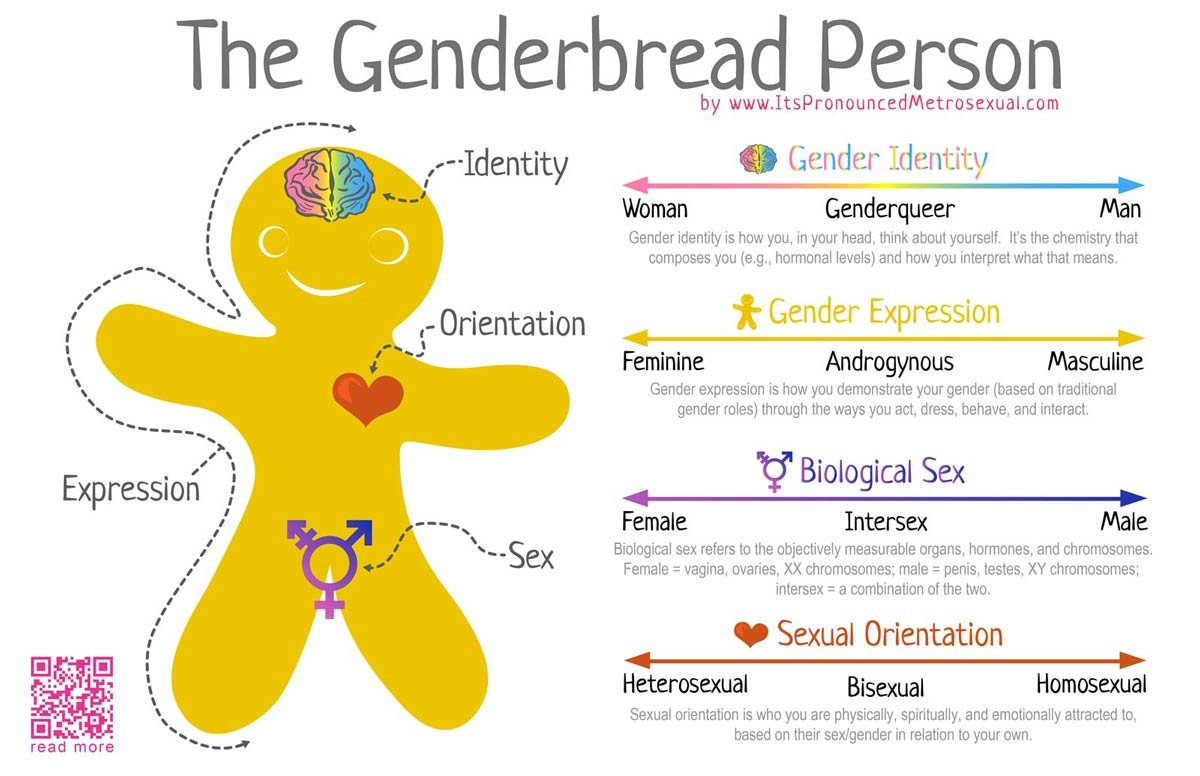LGBTQIA+
At Botaitis Therapy Group, we are committed to providing inclusive and affirming care to LGBTQIA+ folks. This psychoeducation article explores the challenges faced by LGBTQIA+ individuals and how therapy can support their mental health and well-being.
Understanding LGBTQIA+ Mental Health Challenges
LGBTQIA+ folks face a range of challenges, including discrimination, social stigma, and a lack of understanding from communities. These challenges can contribute to higher rates of mental health issues such as depression, anxiety, and substance abuse compared to heterosexual and cisgender individuals. Below are statistics from Trevor Project and Mental Health America:
56% of LGBTQ young people who wanted mental health care in the past year were not able to get it
41% of LGBTQ young people seriously considered attempting suicide in the past year—and young people who are transgender, nonbinary, and/or people of color reported higher rates than their peers.
27% of transgender and nonbinary young people reported that they have been physically threatened or harmed in the past year due to their gender identity.
48% of transgender adults report that they have considered suicide in the last year, compared to 4 percent of the overall US population.
Source: https://www.thetrevorproject.org/survey-2023/ and https://www.mhanational.org/issues/lgbtq-communities-and-mental-health
How Therapy Can Help
Therapy can be a safe space for LGBTQIA+ individuals to explore identity, navigate challenges, and address the impact of discrimination and stigma. Here are a few ways therapy can help:
Affirming and Inclusive Environment: Gender affirming care is crucial for the well-being of transgender and gender diverse individuals. It encompasses social, medical, and legal support that validates and recognizes a person's gender identity.
Identity Exploration: Therapy can help LGBTQIA+ individuals explore and understand their gender identity and sexual orientation, providing support and guidance throughout this process.
Mental Health Support: Therapists can address mental health issues such as depression, anxiety, trauma, and substance abuse that may be exacerbated by discrimination and social stigma.
Relationship and Family Dynamics: Therapy can help LGBTQIA+ individuals navigate relationship and family dynamics, including issues related to coming out, acceptance, and building healthy relationships.
Advocacy and Support: Therapists can provide resources and support for clients seeking community resources, legal assistance, or medical care.
Resources
Santa Barbara:
Los Angeles:
National:
Therapy can play a crucial role in supporting the mental health and well-being of LGBTQIA+ folks. At Botaitis Therapy Group, we are committed to providing affirming and inclusive care. If you or someone you know could benefit from our services, please contact us for more information or to schedule an appointment: 805-636-9890.
“Nicole is a gifted clinician with a compassionate approach. Her extensive therapeutic experience and clinical knowledge is evident in the care she provides her clients. She listens and provides honest and nurturing feedback, while holding a safe space for clients. I highly recommend Nicole for anyone seeking support with their mental health.”
- Diane F.

